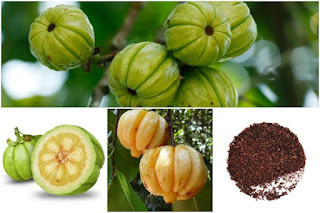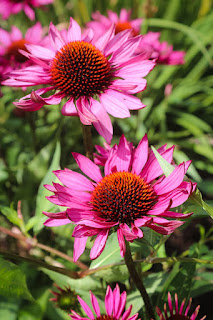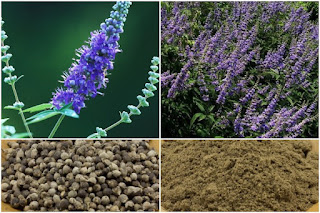Brindleberry (Garcinia Cambogia)
Brindleberry, also known as Garcinia cambogia or Garcinia gummi-gutta, is a fruit native to Southeast Asia. It has gained popularity in recent years due to its alleged weight loss properties. It is also known as Malabar tamarind and brindle berry. It has gained popularity in recent years due to its alleged weight loss properties. Brindleberry Powder is widely used as a weight loss tonic as it is believed to decrease appetite and burn fat
Here's some information about the use, dose, side effects, and nutritional value of brindleberry:
Use:
1. Weight Loss: Brindleberry is often marketed as a weight loss supplement. It contains a compound called hydroxycitric acid (HCA), which is believed to inhibit an enzyme involved in fat synthesis and suppress appetite. However, scientific evidence supporting its effectiveness for weight loss is limited and conflicting.
2. Culinary Use: In some Southeast Asian cuisines, brindleberry is used as a flavoring agent in curries and other dishes.
Dose:
The dosage of brindleberry supplements can vary depending on the product and its concentration of active ingredients. It's essential to follow the instructions on the product label or consult a healthcare professional for guidance. It's worth noting that the use of brindleberry for weight loss should be approached with caution and under professional supervision.
The appropriate dose of brindleberry powder can vary depending on several factors, including the concentration of active ingredients in the product and individual factors such as age, weight, and overall health. It's important to follow the instructions provided on the product label or consult a healthcare professional for specific dosage guidance.
That being said, if you are considering using brindleberry powder as a dietary supplement, a common range for the recommended dosage is typically 500 mg to 1,000 mg taken two to three times per day, usually before meals. However, it's crucial to note that the scientific evidence supporting the effectiveness and safety of brindleberry for weight loss is limited and conflicting. Therefore, it's advisable to approach its use with caution and consult with a healthcare professional before starting any new supplement regimen.
Remember that self-diagnosis and self-treatment are not recommended. Always seek professional advice from a healthcare provider who can assess your specific circumstances and provide appropriate recommendations for your individual needs.
Side Effects:
While brindleberry is generally considered safe when consumed in moderate amounts, it may cause certain side effects in some individuals. Here are a few potential side effects:
1. Gastrointestinal Issues: Some people may experience digestive problems, such as stomach discomfort, diarrhea, or nausea when taking brindleberry supplements.
2. Allergic Reactions: In rare cases, individuals may be allergic to brindleberry, resulting in symptoms like itching, rash, or swelling. Discontinue use and seek medical attention if any allergic reactions occur.
3. Interaction with Medications: Brindleberry may interact with certain medications, including antidepressants, statins, and blood thinners. If you are taking any medications, it's advisable to consult your healthcare provider before using brindleberry supplements.
Nutritional Value:
Brindleberry itself is low in calories and nutrients. Here's an approximate nutritional profile of 100 grams of brindleberry fruit:
- - Calories: 95
- - Carbohydrates: 25 grams
- - Fiber: 1.5 grams
- - Vitamin C: 13% of the Daily Value (DV)
- - Calcium: 9% of the DV
- - Potassium: 1% of the DV
It's important to note that brindleberry is often consumed as a supplement rather than as a whole fruit, so the nutritional content may vary significantly depending on the specific product.
Remember, before considering the use of brindleberry or any dietary supplement, it's recommended to consult with a healthcare professional. They can provide personalized advice based on your specific health needs and guide you on the appropriate usage and potential risks.




Comments
Post a Comment